The French Interior Ministry announced yesterday (July 1) that the far-right National Rally (RN) and its allies were leading the first round of the French parliamentary election on June 30, winning 33% of the vote. The left-wing coalition New Popular Front (NFP) came in second, with 28% of the vote, and the centrist alliance of French President Emmanuel Macron came in third, with 20%.
Closer to power than ever before
With the victory, RN is aiming for a historic opportunity to form a government and take over the French prime minister's post, according to AFP. Prominent polling organizations in France predict that RN will win a majority of seats in the 577-seat French parliament after the second round, scheduled for July 7. However, it is still unclear whether RN will win the 289 seats needed to achieve an absolute majority. US risk analysis firm Eurasia Group said RN is unlikely to reach that number.
French President Macron receives a stunning blow from the far-right in the first round of parliamentary elections
Winning an absolute majority is a necessary condition for RN to take power and RN Chairman Jordan Bardella (29 years old) becomes prime minister . Mr. Bardella said he is ready to become prime minister and only form a government if RN wins at least 289 seats in parliament.
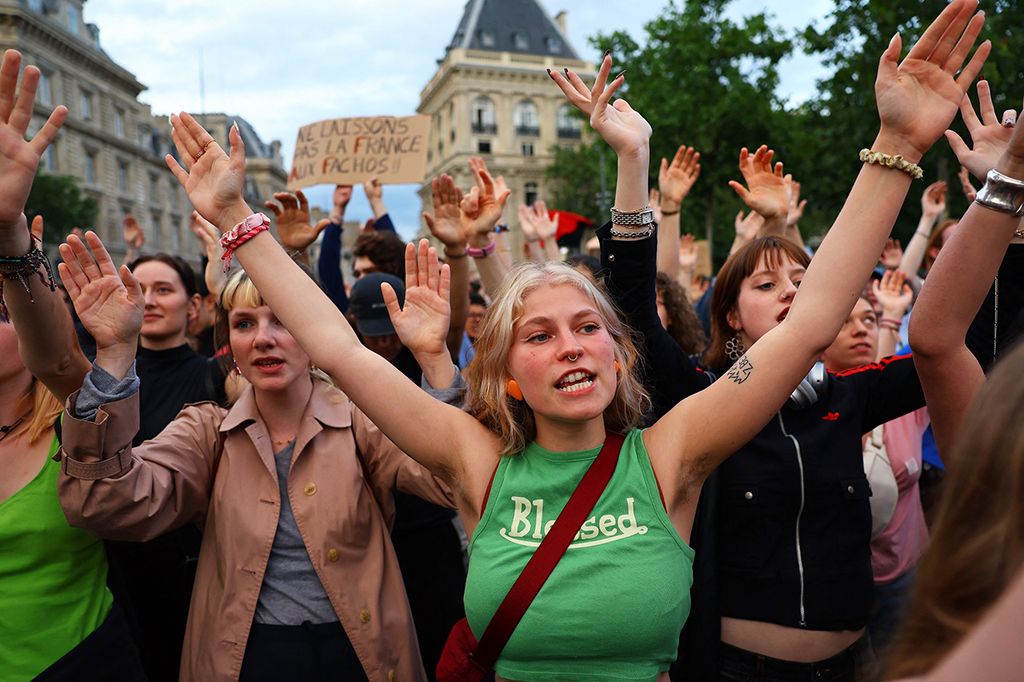
Many people in Paris (France) on June 30 protested against the far-right National Rally (RN) party after the first round election results.
Long unpopular with many in France, the RN is now closer to power than ever. Bardella’s predecessor, Marine Le Pen, has sought to clean up the party’s image as a racist, anti-Semitic and anti-immigration party, a tactic that has paid off amid voter anger at President Macron over high living costs and growing concerns about immigration, according to Reuters.
Macron's response
Meanwhile, left-wing leader Jean-Luc Melenchon said President Macron's coalition had suffered a "heavy and undeniable" defeat in the early election, according to AFP. Mr. Macron himself called for early elections on June 9 after the RN won the previous European Parliament election.
After the first round of voting, President Macron called for a "broad" coalition against the far right in the second round. Mr Macron's left-wing and centrist alliance hoped that tactical voting to prevent RN candidates from winning would prevent the party from achieving an absolute majority.
If RN wins an absolute majority in parliament after the second round, France will have a president and government drawn from two opposing political forces. Mr Macron will still have power over foreign and security affairs, but his influence on domestic affairs will be significantly reduced.
Additionally, a French government led by RN would raise major questions about where the European Union (EU) is headed, given RN’s opposition to deeper EU integration. Economists also question whether France’s spending plans will be adequately funded, according to Reuters.
Euro rises after first round of elections
The euro rose on July 1 after the results of the first round of the French parliamentary elections. According to Reuters, the euro rose 0.4% to 1 euro equaling 1.0756 USD. Previously, the euro fell about 0.8% after President Macron called for early elections on June 9.
Source: https://thanhnien.vn/chien-thang-lich-su-cho-phe-cuc-huu-o-phap-185240701210914784.htm























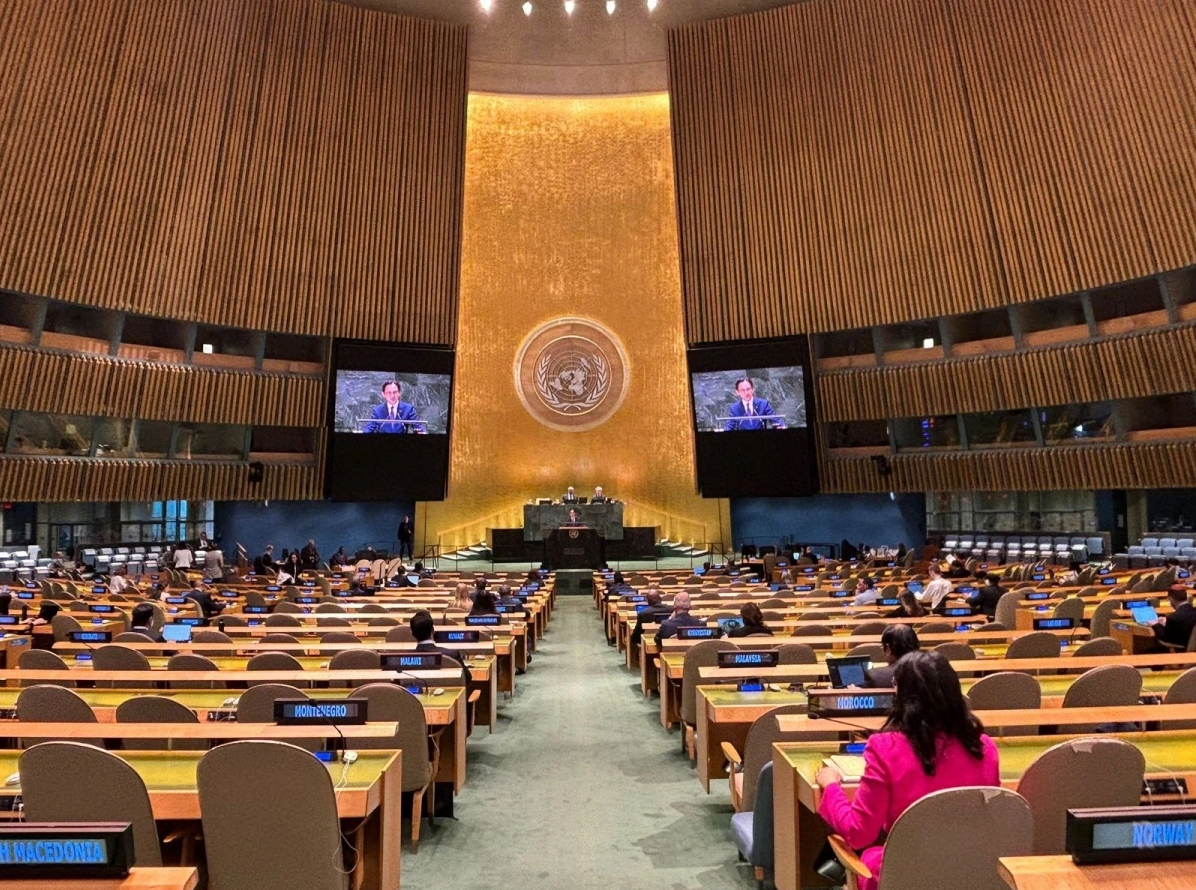




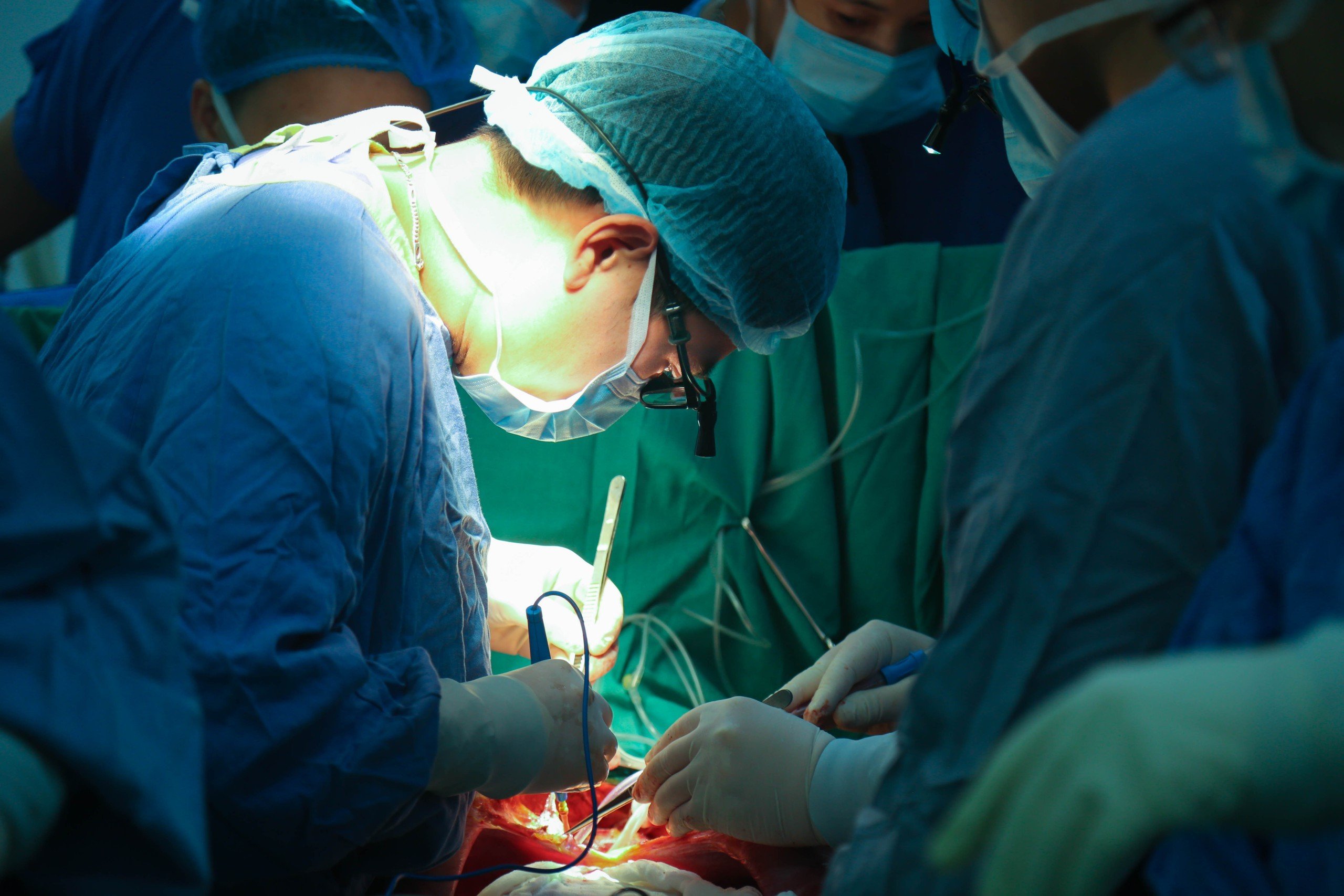
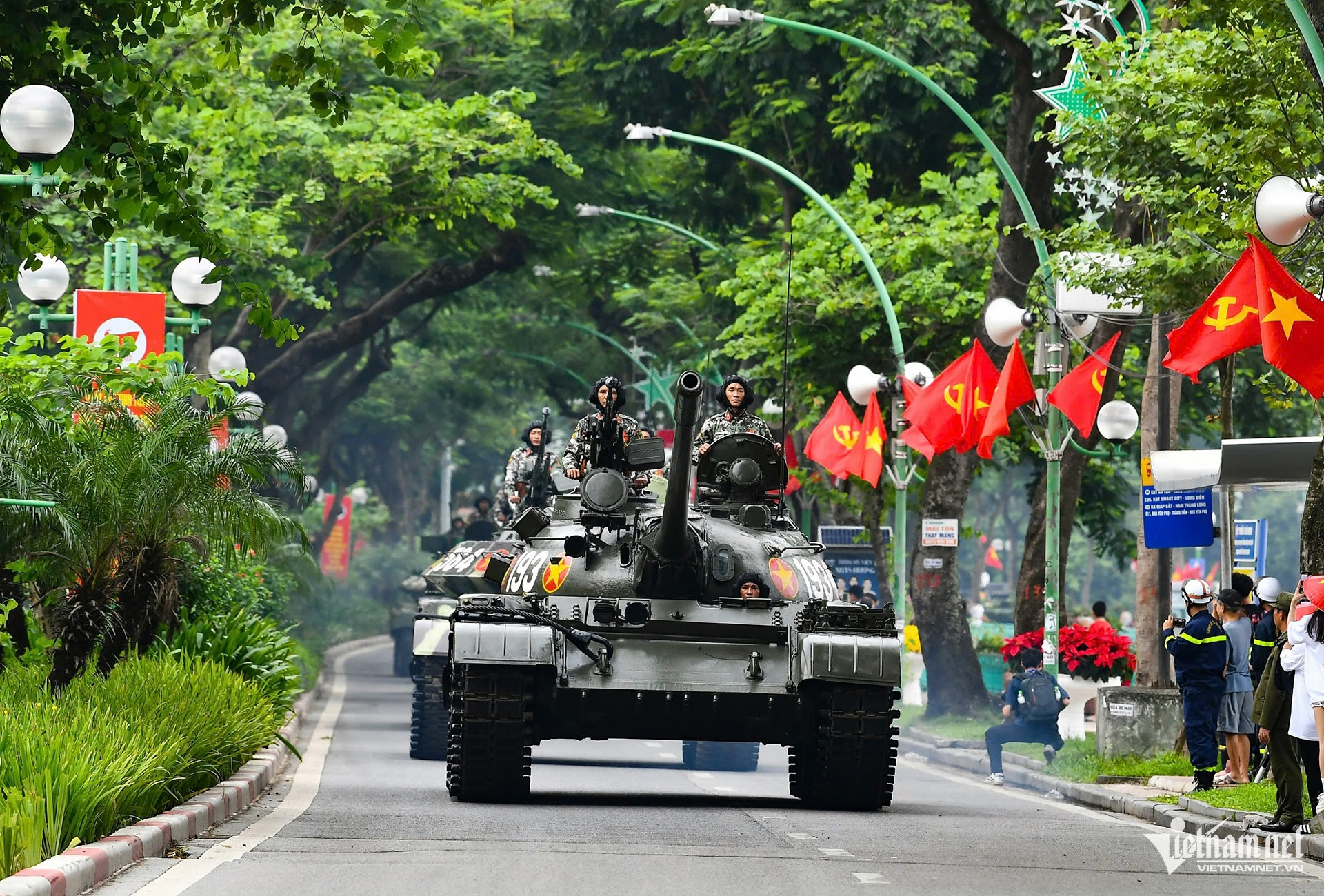
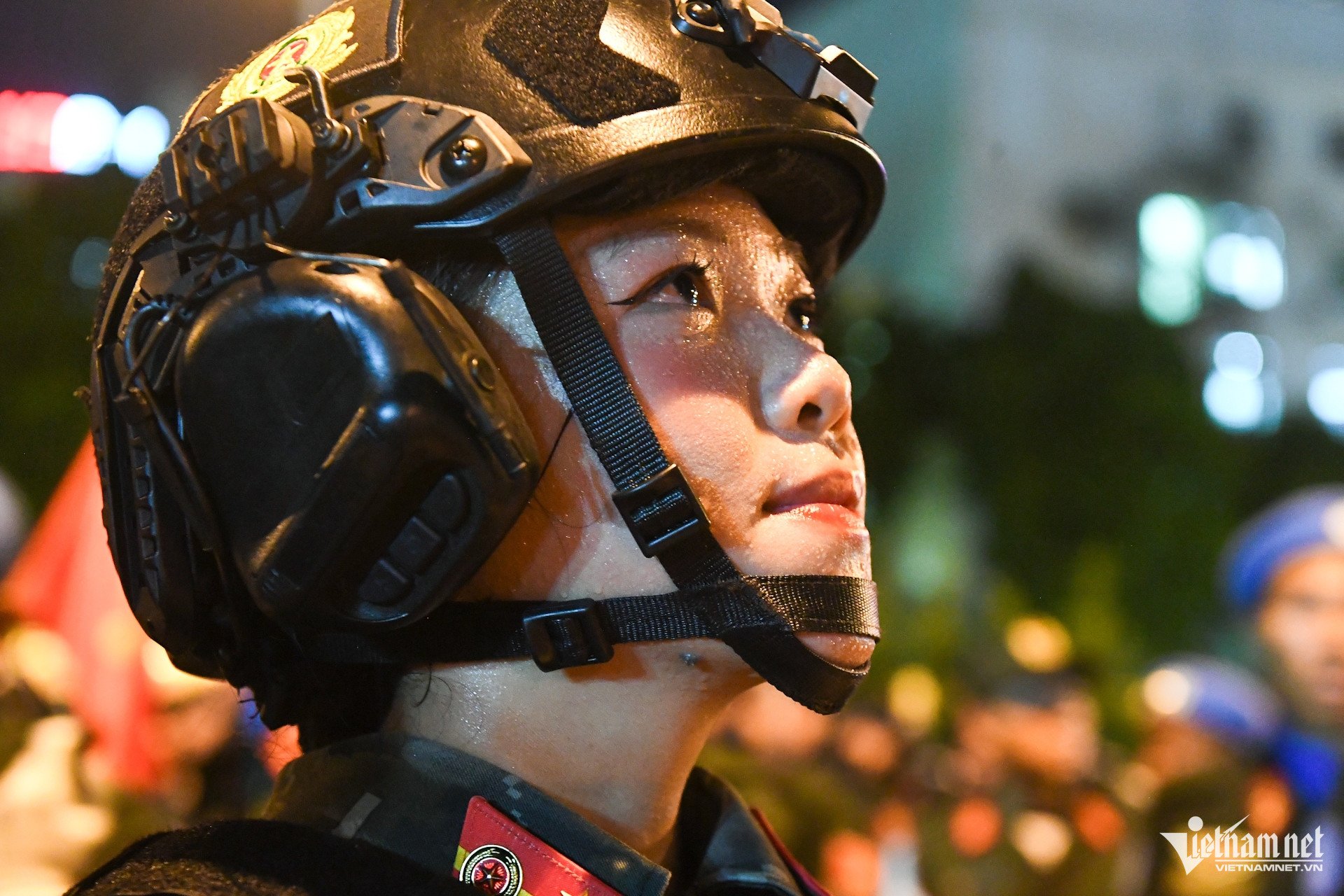













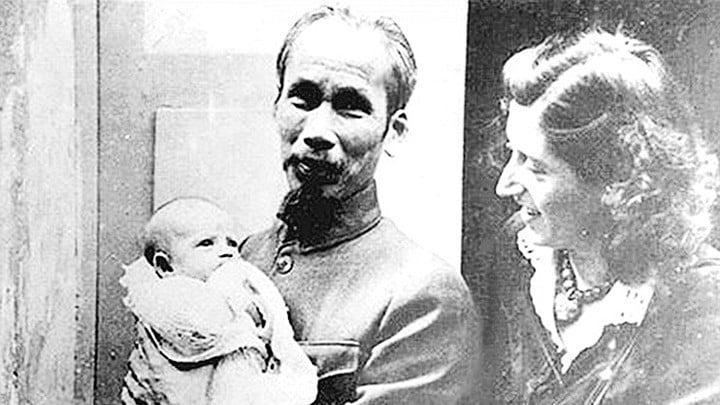














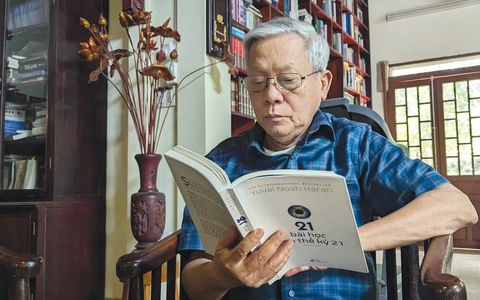
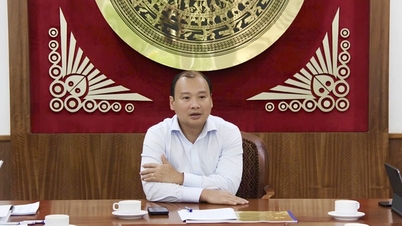












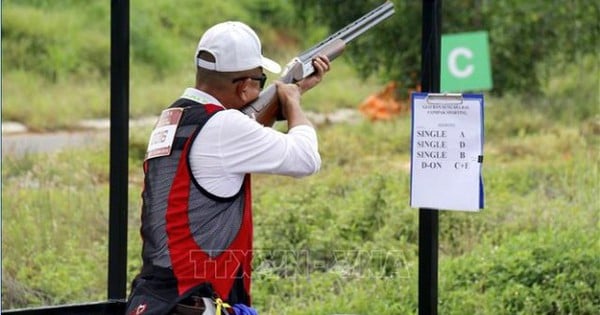






















Comment (0)